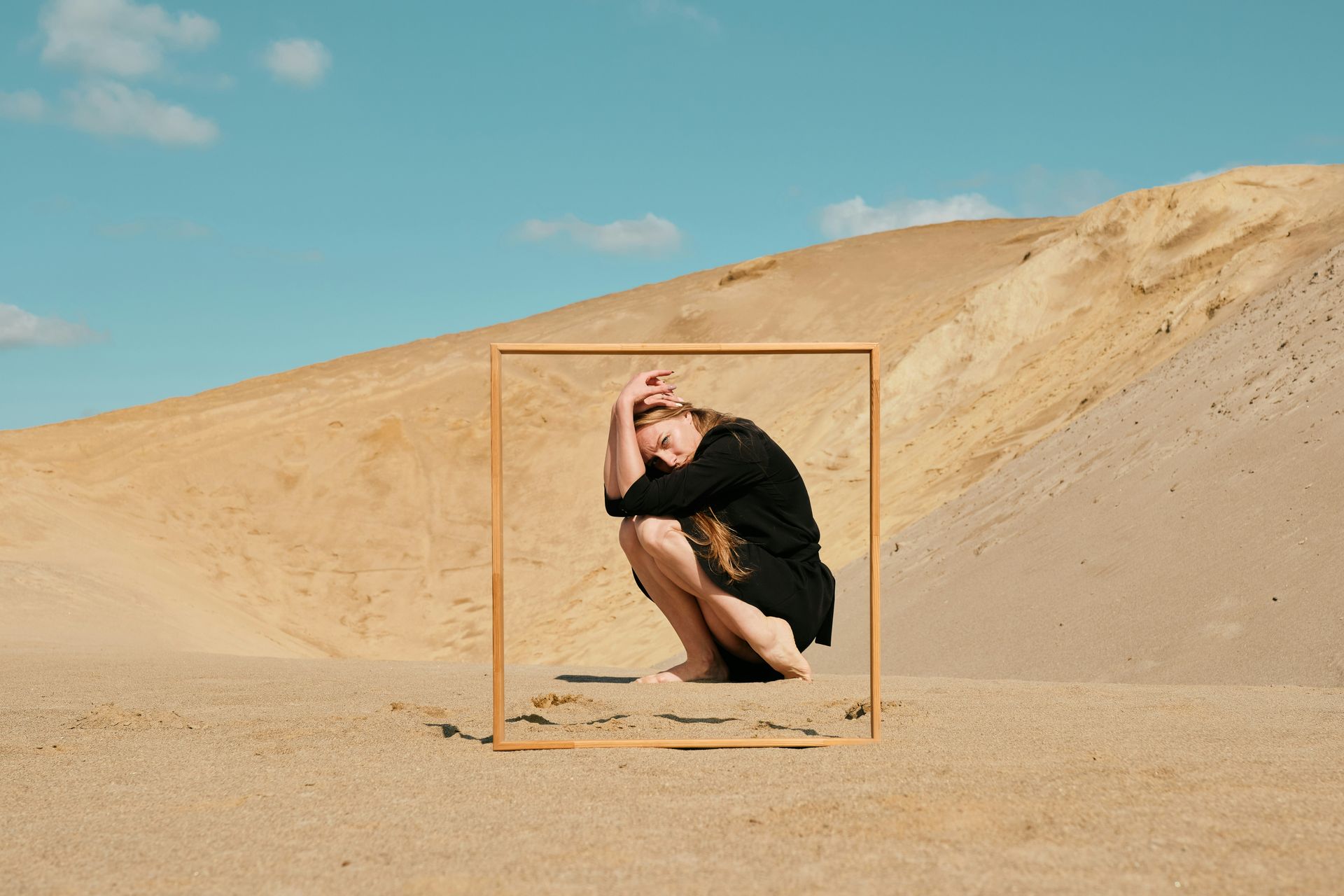Money can be as difficult to discuss as sex, religion and politics. I think the topic is so challenging because while our bank and physical assets are what technically qualifies someone as rich, I believe that true wealth is a much greater concept that includes several other types of capital.
Folklore says that a pot of gold awaits at the end of every rainbow. What if this pot of gold is like our true wealth, and our bank or material wealth is only filling up a small portion of the pot?
I’d like to invite you to think of wealth as a combination of assets that includes material wealth, social capital, intellectual and creative reserves, time, spiritual wealth, energy, and physical and mental health. Each is important in contributing to what it means to be rich.
Of course material wealth is important. We need to know our numbers and we need to manage that wealth wisely. And, of course, we need to earn enough to live a comfortable life. But what would happen if we put a similar importance on the other types of wealth?

Let’s take a look…
- Social Capital
- this includes family, friends, acquaintances, network, groups, community, or anyone you can depend on for support and opportunities. And, we increase our Social capital by supporting and offering opportunities to others.
How to measure: I recommend making a list of all those you know who have resources that could support you, or those you would feel comfortable approaching for a conversation. Then write at least one thing that you value about each person on your list, and then one thing about yourself you know that person values in you. Keep this list in a safe place and review it next time you feel anxious about money. Ask yourself which person you’d feel most comfortable calling for help. In addition, offer help to someone in your network who needs it.
- Intellectual and Creative Reserves
- Our intellects and creative abilities are the skillsets we use to help others and make the world a better place. While many say some were simply born with more talent than others (and this is somewhat supported by data), anyone can increase their knowledge or creative capacities at any time and at any age. The key? Passion. When you pursue something with passion, your intellectual and creative talents fire up.
How to measure: For creativity, make a list of all the skillsets that you’ve learnt over the years. You’ll be amazed at how you’ve been more creative than you even realized…even if you’re already a creative person. For intellectual reserves, make a list of all the books you’ve read or topics you’re an expert on. You can also ask yourself what others would say about your talents and knowledge to gain a clearer understanding of the creative and intellectual value you have to offer others.
- Time
- in this context, time doesn’t refer to how old you are, but how much of your attention and focus you’re able to devote to any given thing. Attention is a valuable commodity in the world today and it’s intrinsically linked to your time. The more time and attention you can give something, the more it grows…which is why it’s so important to make sure your attention is going to the things that nourish you instead of harm or thwart you.
How to measure: A time tracking journal can help you figure out what gets most of your attention throughout the day. There are likely to be a few days where anomalies occur, so it may take several weeks to see patterns of time squandered vs. time well spent. However, they will emerge, and you’ll be able to make strategic changes as necessary based on which activities are worth your attention and time and which aren’t.
- Spiritual wealth
- while this means different things to different people, spiritual wealth doesn’t actually require a religious or spiritual belief. Spiritual wealth is a state of mind, the mental security you feel when you’re at peace with the world, and when you feel connected to something bigger and outside of yourself. This can be a spiritual energy or just nature itself. It’s the peace that comes from spiritual wealth; the peace that helps us build inner resilience to weather inner and outer storms. That’s what counts!
How to measure: One of the best ways to track spiritual wealth is to practice short, daily meditations and after each one, check off a box on a calendar. This way, you’re creating a habit of building resiliency that you’ll be able to draw on whenever encountering a difficult time. A memory of yourself as someone who has cultivated a resilient mindset can be applied to any challenge ahead.
- Energy
- drive, motivation, willpower, pursuit, love, desire…it doesn’t matter what you call it, energy is the thing that makes you get up in the morning and make something happen during the day. Energy can be increased by making improvements to your self-talk. We can shift our inner voice from judging ourselves and others to practicing gratitude and self-belief. When we adopt the mindset that “everything is possible,” we begin to let go of the burdensome autopilot mind, and free up energy that can be used in more productive ways.
How to measure: the to-do list is a great way to measure your energy level. When you get to the end of the day, if you’re satisfied with your to-do list, give yourself a pat on the back. If you’re not satisfied, tell yourself you’ll do a little more the next day and challenge yourself to grow. However, if you haven’t done everything on your to-do list, go back through the day and ask what happened to stop you from accomplishing everything you set out to do. Was it in your control? If so, what could you do to change? If it wasn’t in your control, then give yourself a break and get a good night’s rest, which is incidentally one of the best ways to fill up on energy for the next day. - Physical and mental health
- I don’t know a single person on the planet who, no matter how much money they have, would trade anything for their physical and mental health. Health is the most important types of capital for everyone. It’s what all other types of capital depend on.
How to measure: While physical fitness is easy to track, mental health can be a little more difficult. A journal can help, but journals tend to work better as cathartic outlets as opposed to tracking systems. What I propose instead is to keep a calendar where you simply put a smiley face if you’re going to bed happy, a neutral face if you’re ok, or a sad face if you’re unhappy. This way, you can see trends throughout time and start to get a sense of your general state, whilst being able to discern any changes you’d like to make. (And hey, why not check out my other blog on how to treat your finances like your physical health!)
When we have conversations about wealth, we need to include
all the different types of capital that we possess. By obsessing about bank wealth and money, we’re depriving ourselves of filling up our pots completely. However, by expanding our definition of wealth to include different types of capital, we can all find our path to feeling financially successful. This expanded sense of wealth gives us confidence, exactly the counterpoint to an economic system that tells us that we never have enough. It can also help us gain access to this system that many of us feel is out of reach or restricted.
Finally, while each row of the wealth rainbow might seem like its own pursuit, remember that magic can happen when different types of capital come together. Merge intellectual and creative reserves with spiritual wealth and an artist is born. Physical and mental health can combine with time and energy to build a type of new fitness program. I encourage you to get familiar with all the different types of capital you can draw on to pursue your dreams.
You’ll reach your pot of gold, and your true wealth, much sooner than you think.
—
I’ve been a financial advisor for over thirty years, co-founding the wealth management firm Abacus, and was one of the first to apply mindfulness techniques to the profession. Check out my website for more on how to build a better relationship with money.
SHARE THIS POST
The road to financial freedom is easier when you share the journey. By signing up for Spencer’s newsletter, you’re joining a growing community of people who’ve found their way to “Enough.”





